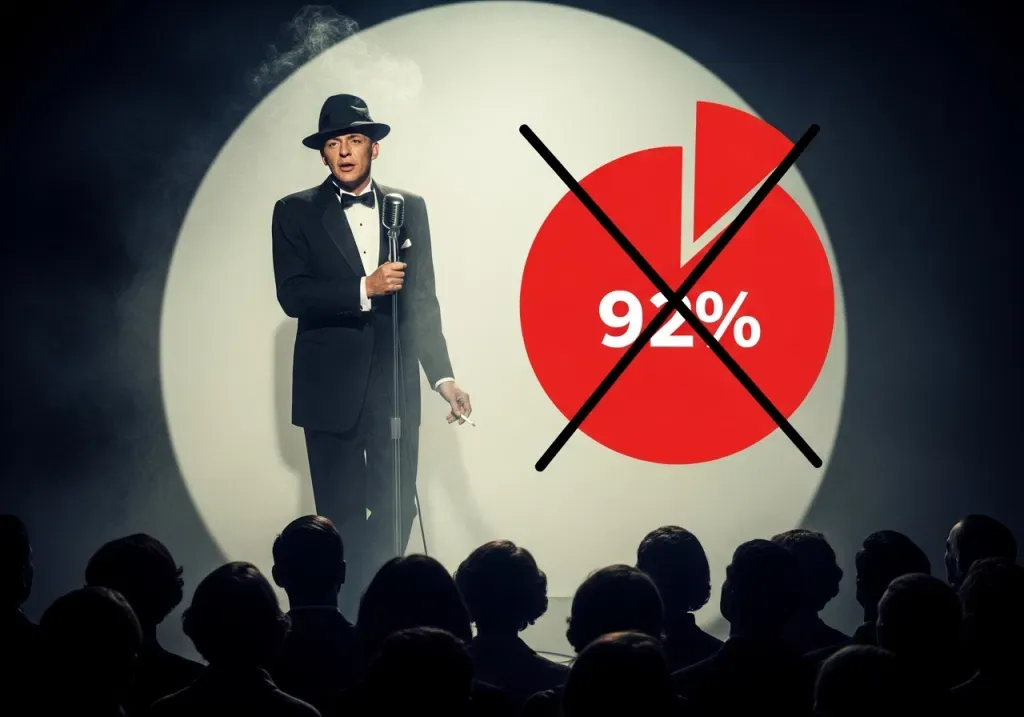Table of Contents
“Integrity” and “corruption” commissions all sound very good in theory. After all, who doesn’t want corrupt politicians caught out and punished?
That’s the theory. But then, the theory of socialism is that it makes fairer and wealthier societies.
The gap between the theory and the reality of corruption commissions isn’t quite as wide as that of socialism. After all, at least corruption commissions work occasionally.
Most often, though, they serve as little better than star chambers that specialise in nailing the conservative wing of politics for the most piffling (and often inadvertent) transgressions — while the left wing gets away with the most outrageous corruption for years on end.
Mostly, it seems, by design, when the star chambers are so regularly stacked with political appointees.
Just like Anthony Albanese’s mooted national anti-corruption commission.
The Administrative Appeals Tribunal, which is stacked with political appointees, will sign off on warrants for anti-corruption investigators to tap the phones of prime ministers, other politicians and spy chiefs, sparking calls from the opposition for greater safeguards.
The Australian
The AAT is a notorious stomping ground for political appointees. 40% of recent appointees have political links. Given that the commission’s targets could include prime ministers, attorneys-general, ministers and senior public servants, critics argue that the bar for warrants should be much higher than proposed. The opposition is demanding that warrants should only be signed off by a Federal Court or Supreme Court judge.
Then there’s the cloak of secrecy over hearings — and the curious exemption for unions.
The opposition has called for witnesses and people of interest before the proposed national anti-corruption commission to be able to disclose their involvement in an investigation to a doctor or family member, warning gag orders could contribute to people taking their own lives […]
[Opposition legal affairs spokesman Julian Leeser] said there was a misconception the NACC would affect only politicians and public servants but it would reach a much broader group than the prime minister or Parliament House’s gardeners, cleaners and cooks.
“It’s aged care workers, it’s every pharmacist, it’s people working in the NDIS, it’s anybody exercising any powers under a commonwealth law except of course a registered organisation, which really means a union and judges and the governor-general,” he said […]
“Because we’ve seen what this can do to people at the state level, because there have been around a dozen suicides and many attempts as well as a result of this, we’ve got to make sure we’ve put in place the proper safeguards here.”
The Australian
Finally, there’s the dire threat to journalists who actually try to hold the powerful to account.
The national anti-corruption commission will be able to tap journalists’ phones and conduct raids on newsrooms, if an “issuing officer” rules that the public interest relating to such surveillance is greater than upholding the freedom of the press.
In other words, a politically-appointed AAT member can sign off on a witch-hunt against troublesome journalists.
Even that threadbare protection is denied to independent journalists, who’ve been doing most of the heavy lifting of “speaking truth to power” for the last three years, while the legacy media have yapped in chorus with governments and bureaucrats.
The NACC Bill, as it relates to journalists, covers those working in a professional capacity.
“Indicators that a person is working in a professional capacity as a journalist include regular employment, formal qualifications, adherence to enforceable ethical standards and membership of a professional body,” the Bill states.
The Australian
Wouldn’t Labor just love to sic the full power of a police state on the likes of Rebel News, or Real Rukshan. Imagine such powers in the hands of the Ardern government, and you’ll get a pretty good idea of where this is all going.








